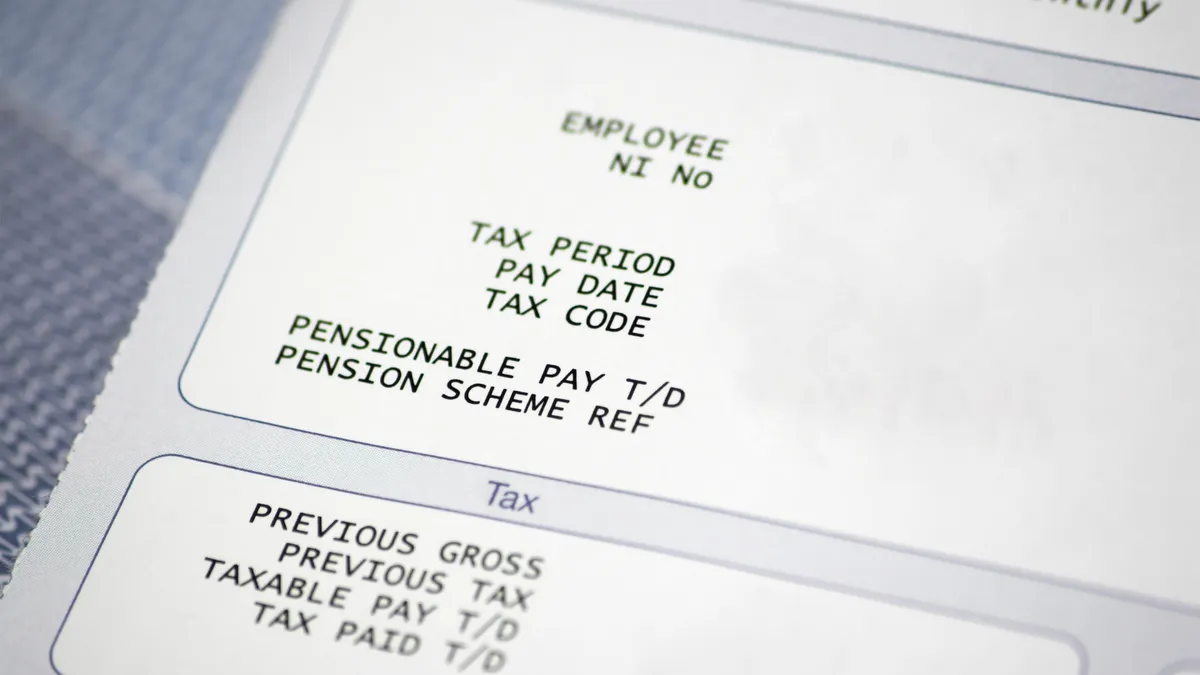In the merchant acquirer race, Fidelity National Information Services (FIS) outgrew competitor Fiserv last year to edge it out of the No. 2 spot in The Nilson Report industry ranking.
Jacksonville, Florida-based FIS pulled past Fiserv to become the top non-bank acquirer, based on total purchase transactions in 2021, according to the Nilson ranking. FIS purchase volume grew 8.3% over 2020 to 31.02 billion transactions last year, while Fiserv’s expanded by only 5.6% to 27.2 billion transactions, according to Nilson's March report.
JPMorgan Chase, which is the biggest bank in the U.S., led with 31.8 billion transactions, maintaining its lead over two years while FIS and Fiserv jockeyed for the No. 2 position. Back in 2019, FIS led the entire pack after it acquired Worldpay for $35 billion.
FIS credited its e-commerce and software strategy for the growth, with a company spokesperson referring to recent comments by FIS President Stephanie Ferris. The Nilson ranking “highlights the strength of our e-commerce and software-led strategy," Ferris said on a May 3 earnings call with analysts. Ferris also noted that she sees larger companies, like FIS, gaining at the expense of smaller players.
FIS head of strategic partnerships, Oliver Burns, touted gains on several fronts, from e-commerce to retail to crypto. The 2021 ranking order is "a proof point we're moving in the right direction," he said on the sidelines of the American Banker Payments Forum conference held in Phoenix this week.
David Robertson, publisher of The Nilson Report, attributed Fiserv's slide in the ranking to the end of a joint venture it had inherited. That joint venture had been between First Data – acquired by Brookfield, Wisconsin-based Fiserv in 2019 – and Bank of America, but the companies announced they were dissolving it that same year, with the break-up happening in June 2020. That affected Fiserv’s share among merchant acquirers.
In a statement, a Fiserv spokesperson acknowledged “there was a decline in transaction volumes” related to the end of the joint venture, but rejected the notion that the company's market share had suffered as a result. The spokesperson contended that Nilson’s figures were based on estimates that don't include all the transactions Fiserv processed last year.
"Fiserv internal estimates indicate that we have maintained our strong competitive position in the market; and we have seen no meaningful change in our market share over the past year," the Fiserv statement said.
Following the top three acquirers, the remaining players come in far lower: Global Payments notched 10.7 billion transactions; Wells Fargo, 9.3 billion; Bank of America, 8.5 billion; and Elavon, 3.1 billion, Nilson said.
Merchant acquirers process merchant transactions when consumers pay using Visa, Mastercard, American Express, Discover and other cards at the point of sale. They also settle transactions on behalf of payment companies like PayPal, Stripe and Block, and independent sales organizations, per Nilson.
Robertson expects Fiserv will come out on top again next year. “Some of those dollars are going to be clawed back,” Robertson said, noting Carat, Fiserv’s omnichannel platform for large enterprises, “is incredibly successful.”
In the first quarter of this year, Carat revenue grew 20%, while revenue for Clover, Fiserv’s small and mid-sized merchant operating system, jumped 39% globally.
Before it was acquired by Fiserv, First Data had a history of forging joint ventures and strategic partnerships with financial institutions, Robertson said. Banks were the acquirers but they farmed out the technology to a third party specialist which would operate the point-of-sale systems and provide the merchant with accounting.
Both FIS and Fiserv are showing good organic growth, Robertson noted. “They're both catching the market rebounding post-COVID,” and both have deep pockets that enable them to grow through acquisitions if needed, he said.
They are “scrambling to do everything they can to modernize their platforms,” Robertson said. Since the acquisition of First Data, Fiserv has improved the quality of its technology, meaning the company is now "coming into its own in recent years by proving its technology."



















